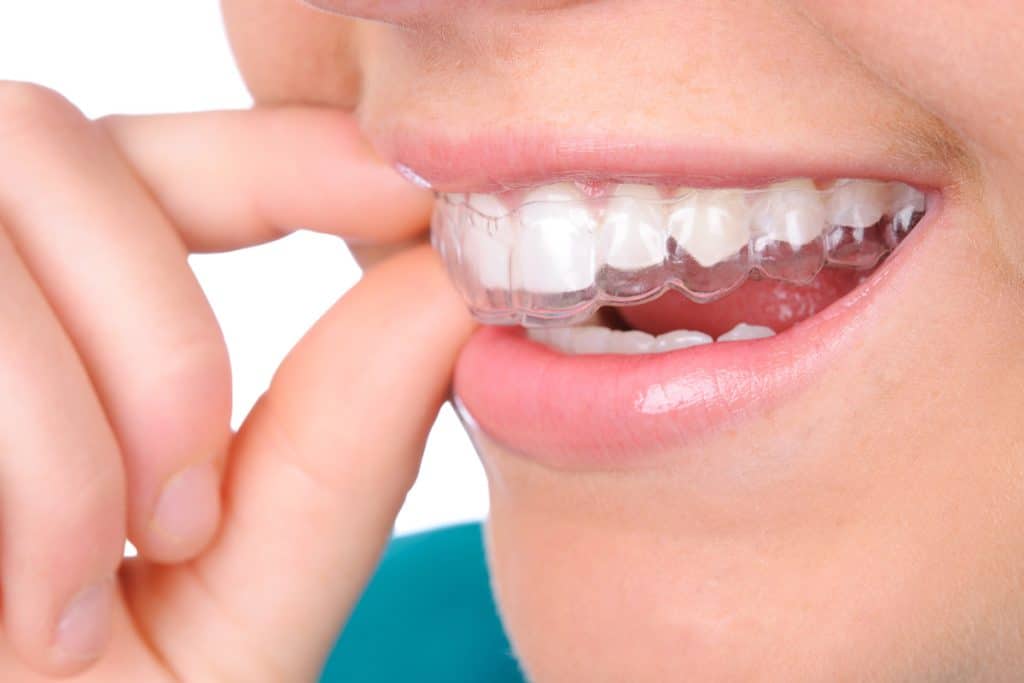What Can Invisalign Not Fix?

If you want straighter teeth, it's essential to understand the options available to you. While Invisalign is a highly effective alternative to traditional metal braces with numerous benefits, there are certain situations where it may not be the best option.
It's in your best interest to discuss your options for orthodontic treatment with a qualified dentist to find out if Invisalign can fix your problems. Here are a few orthodontic issues that can't be corrected with Invisalign treatment.
Severe Bite Issues/Jaw Misalignment
Invisalign can shape your bite, but it isn't typically able to fix severe bite issues or jaw misalignment. These types of problems frequently require more extensive orthodontic treatment, such as surgery or traditional braces. Traditional braces are usually more robust and more effective at treating these problems.
Raising And Lowering Teeth
Invisalign can't be used for "extrusion" and "intrusion" because it doesn't provide very much vertical force to move the teeth up or down in the mouth. With this type of treatment, it might be possible to raise or lower teeth slightly, but if your teeth need significant movement, traditional braces are probably more appropriate for your case.
Extreme Gaps Between Teeth
Invisalign can be used to correct smaller gaps between teeth and provide you with an even, beautiful smile. However, when it comes to very large gaps, Invisalign has its limits. It's generally not recommended for teeth gaps more significant than 6mm.
Misshapen Teeth
Unfortunately, Invisalign can't reshape your teeth. If you have a few teeth that are too small or misshapen, Invisalign isn't likely the treatment for you. Misshapen teeth can mess up the alignment of your aligners, causing them not to work correctly.
However, your dentist might recommend a dental crown or dental bonding to fix the shape of your teeth first. Once this is done, you may be a good candidate for Invisalign treatment.
Severely-Rotated Teeth
Invisalign is often a good choice for treating rotated teeth. Still, it can only turn teeth that are 20 degrees or less out of position. Suppose your teeth are more severely rotated than this or require complex movements. In that case, Invisalign doesn't have enough force to move them into the proper position.
Your dentist will recommend traditional braces if this applies to you. It's typically the best option since individuals with severely rotated teeth also usually have overcrowded teeth and other severe orthodontic issues. Traditional braces can address all of these issues, whereas Invisalign cannot.
Call TW Orthodontics to Find Out if Invisalign is Right for You
While these limitations may sound like a lot, the vast majority of individuals with minor-to-moderate tooth alignment issues can be treated with Invisalign. It's crucial to remember that Invisalign is a highly customizable treatment and can address a variety of dental issues. However, it's always best to consult with a dental professional to determine the best treatment plan for your individual needs. If you are ready to find out which orthodontic treatments might be the best option for you, reach out to us today.


